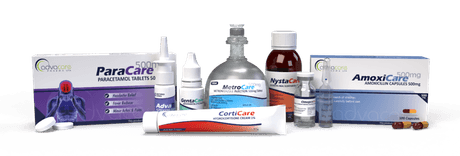Antidepressants are medications used to alleviate symptoms of depression. They work by modifying the levels of certain neurotransmitters in the brain, such as serotonin, norepinephrine, and dopamine. One common group of antidepressants are selective serotonin reuptake inhibitors (SSRIs), like fluoxetine and sertraline. These increase serotonin levels by blocking its reuptake, leading to prolonged activity at synapses.
Another type of antidepressant is serotonin-norepinephrine reuptake inhibitors (SNRIs), including venlafaxine and duloxetine. These medications inhibit the reuptake of both serotonin and norepinephrine. Other classes of antidepressants include tricyclic antidepressants (TCAs), monoamine oxidase inhibitors (MAOIs), and atypical antidepressants.
Anxiolytics are medications used to manage anxiety disorders and symptoms of anxiety. They help to modulate the activity of neurotransmitter systems, primarily gamma-aminobutyric acid (GABA), which has inhibitory effects on the central nervous system. Commonly prescribed anxiolytics include benzodiazepines such as diazepam and alprazolam. These enhance the effects of GABA by binding to specific receptor sites, resulting in a calming and sedative effect. They are used for short-term management of anxiety disorders but are generally avoided for long-term use due to the risk of dependence.
Buspirone is a non-benzodiazepine anxiolytic that acts as a partial agonist at serotonin receptors. It is used for the long-term treatment of generalized anxiety disorder. Other medications, such as certain antidepressants and anticonvulsants, may also have anxiolytic properties and can be prescribed for anxiety disorders.


